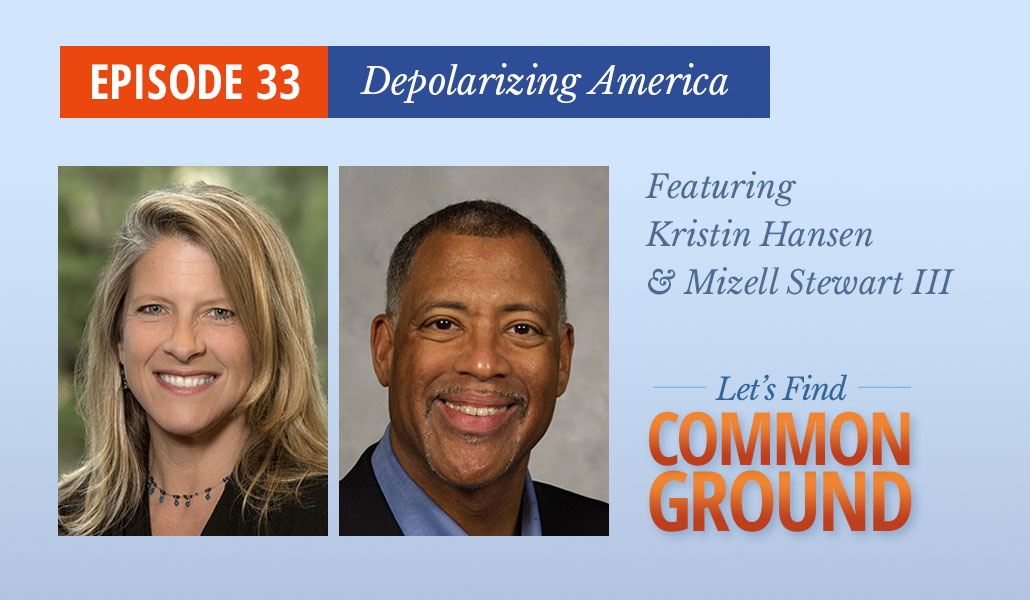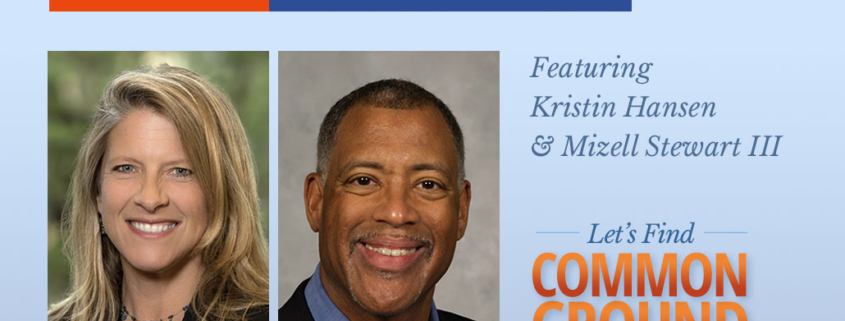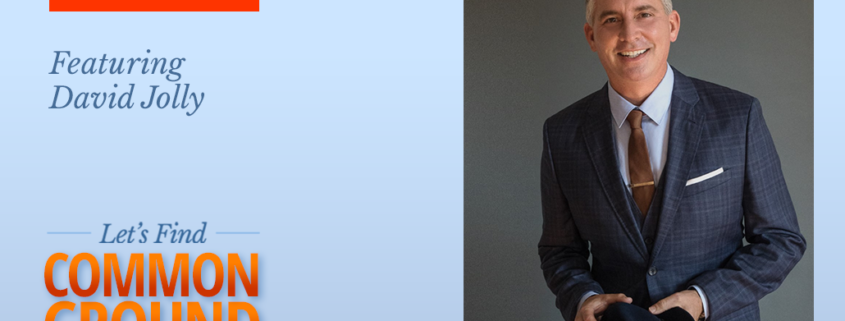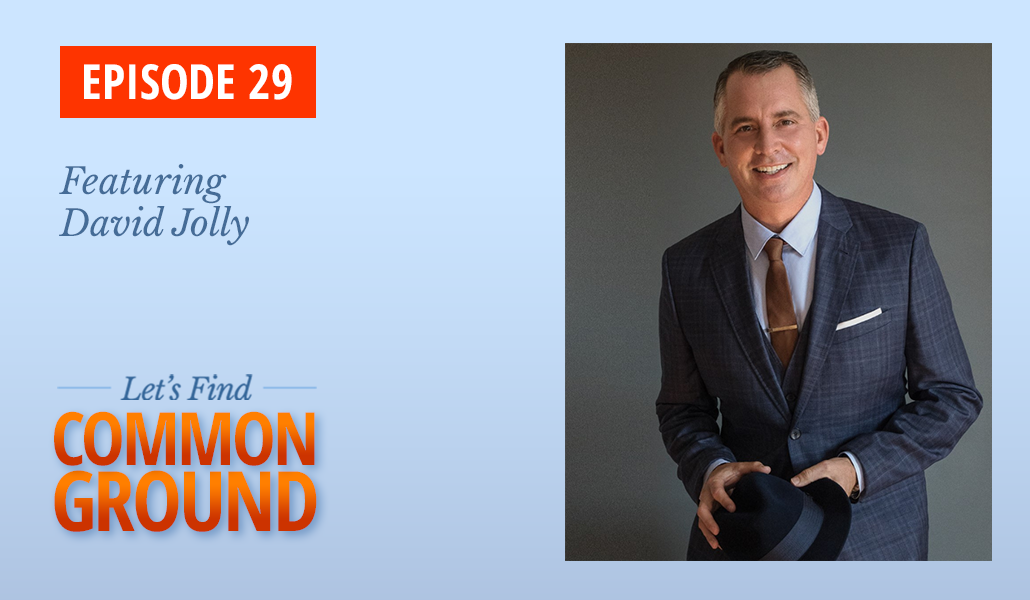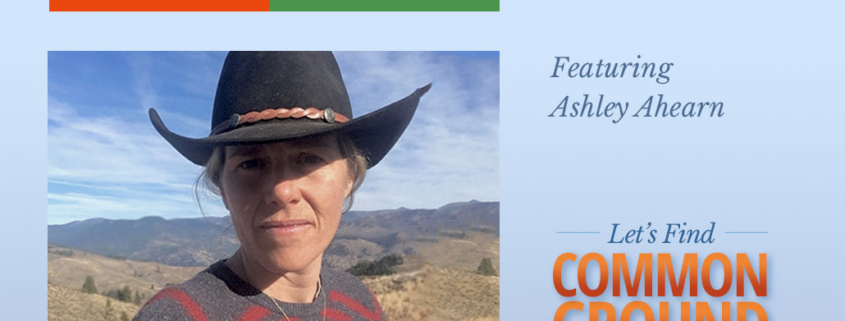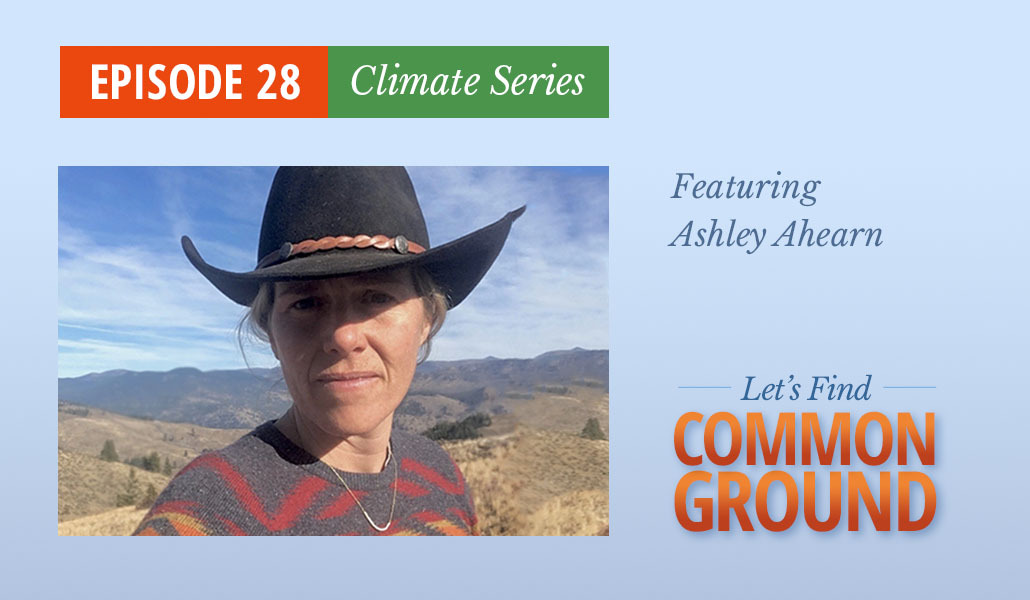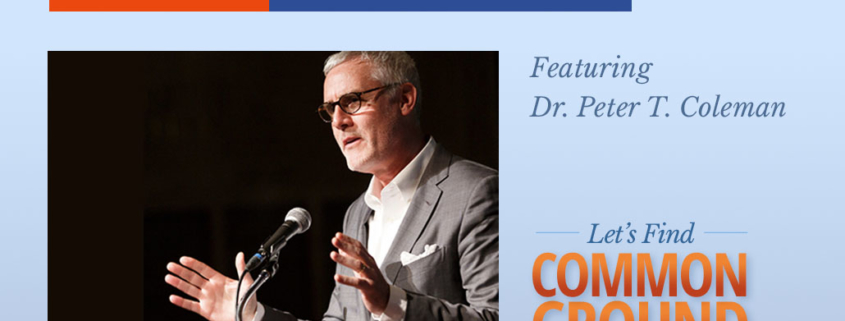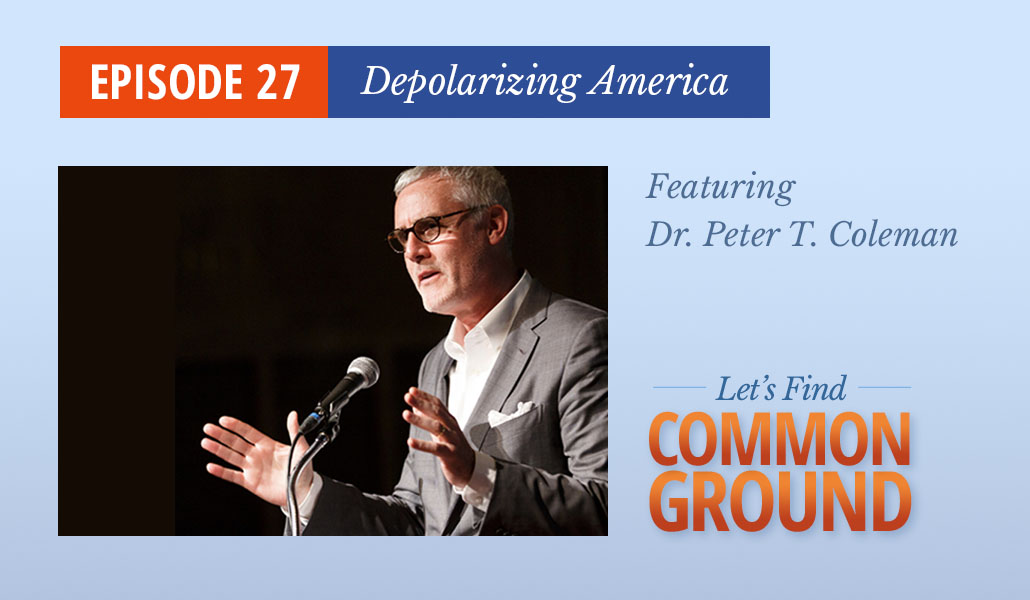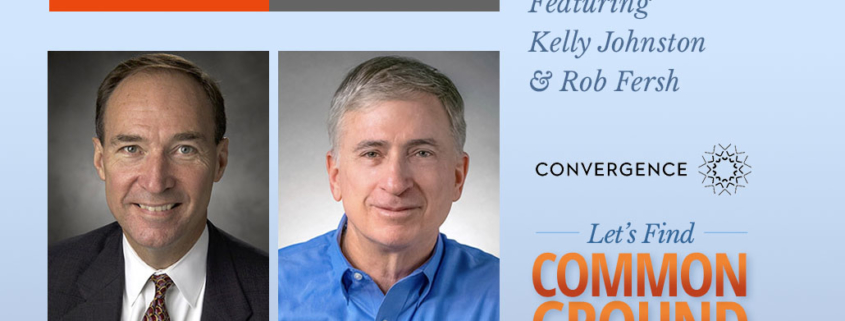
Subscribe to the Podcast




These political veterans disagree on many issues…but agree that now is the time for bridge building. Here’s why.

Kelly Johnston and Rob Fersh disagree strongly on many issues, and voted differently in the 2020 presidential election. But they are friends and “agree on major steps that must be taken for the nation to heed President-elect Biden’s welcome call for us to come together.”
Both believe that constructive steps must be taken to help build trust among Democrats and Republicans, despite deep polarization and a firm resistance to bipartisanship from both ends of the political spectrum. They encourage open dialogue between sectors and interest groups whose views diverge in an effort to deal with divisive political discourse.
Read more from Johnstone & Fersh in an op-ed for The Hill: “We agree on almost nothing except how to solve problems across the political divide.”
Rob Fersh founded Convergence Center for Policy Resolution, and previously worked for Democrats on the staffs of three congressional committees. Kelly Johnston, also a founding board member of Convergence, is a committed Republican and former Secretary of the U.S. Senate. In this episode of Let’s Find Common Ground produced in partnership with Convergence, we talk with both Fersh and Johnston about bridge building and why this work is so urgently needed in an era of political gridlock.
Click here for bonus audio: Rob Fersh describes the process at Convergence.
Read the Episode Transcript
Ep. 23- Depolarizing America: Building Consensus
Rob Fersh
Rob Fersh is a Senior Advisor and the Founder of Convergence Center for Policy Resolution, a non-profit organization founded in 2009 to promote consensus solutions to issues of domestic and international importance. Immediately prior, Rob served as the United States country director for Search for Common Ground, an international conflict resolution organization. While at SFCG, he directed national policy consensus projects on health care coverage for the uninsured and U.S.-Muslim relations.
In the 1986-98 period, Rob served as president of the Food Research and Action Center (FRAC), a leading NGO working to alleviate hunger in the United States. Rob also served on the staffs of three Congressional committees, working for U.S. Representative Leon Panetta and for Senators Patrick Leahy and Edmund Muskie. While a Congressional staff member and at FRAC, he was deeply involved in shepherding passage of bipartisan legislation to reduce hunger in the United States. Rob has held additional positions in the federal executive branch and non-profit sector. He was a 1994 recipient of the Prudential Foundation Prize for Non-Profit Leadership. Rob holds a law degree from Boston University and a bachelor’s degree in Industrial and Labor Relations from Cornell University, where he has served as a guest lecturer and co-instructor of a course on collaborative decision making and public policy. He is married, has four children, and two grandchildren.
Kelly Johnston
Kelly Johnston retired from the Campbell Soup Company in October 2018 after a 16-year career as Vice President-Government Affairs. Previously, Kelly spent nearly 25 years in Washington, DC in several leadership positions within the executive and legislative branches of the federal government, politics, and the trade association world. He was Executive Vice President for Government Affairs and Communications at the National Food Processors’ Association (NFPA), serving as the organization’s chief government affairs and communications officer for nearly 6 years.
From 1995 to 1997, he was the Secretary of the US Senate, the Senate’s chief legislative, financial and administrative officer. Kelly has also served as Staff Director of the Senate Republican Policy Committee; Deputy Assistant Secretary for Public Affairs in the U.S. Department of Transportation; and chief of staff or press secretary to three Members of Congress.
Kelly remains active in the non-profit community. He is a founding board member of the Bonnie and Bill Stubblefield Institute for Civil Political Communication at Shepherd University in Shepherdstown, WV. He also currently serves on the board of Business-Industry Political Action Committee (BIPAC), which is dedicated to helping employers educate their employees on public policy issues of importance to their jobs. He is a former chairman of the Canadian American Business Council and former co-chair of the Congressional Management Foundation. He blogs on public policy issues, history, and politics at Against the Grain.
A native of Oklahoma, Kelly earned his B.A. degree in Communications in 1976 from the University of Science and Arts of Oklahoma, where he has been named to the Alumni Hall of Fame. He attended Georgetown University’s Graduate School of Demography in Washington, D.C. He has guest lectured on politics, government, lobbying and communications at several universities, including Yale University, the Annenberg School of Communications at the University of Pennsylvania, George Washington University, Shepherd University, and Burlington County College in New Jersey.
He and his wife, Adrienne, live in Arlington, Virginia. They have two sons.
